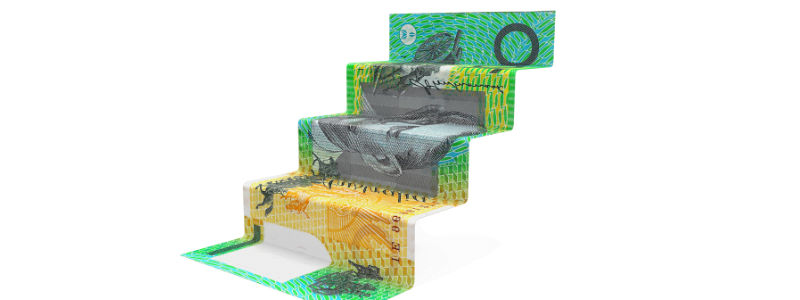Convertible Notes and SAFEs (Simple Agreement for Future Equity) are commonly used fund-raising methods for startups and high growth ventures, and often applied in raising more funds between priced equity rounds.
1) What is a Convertible Note?
A Convertible Note is a debt security issued by a startup which converts to equity (shares) based on a future priced equity round (i.e. debt with equity risk).
Convertible Notes have a number of common provisions;
Discount – when conversion takes place, the price paid for shares is at a discount to the given share price – usually in the range 15% to 30%.
Valuation Cap – a defined maximum share price to be used at conversion, regardless of the price set in the relevant equity raising.
Interest Rate – a notional interest rate attached to the Convertible Notes – usually around the comparable rate for unsecured debt financing – 10% to 15%. Note that it is not intended that interest is paid in cash, rather the “interest” is added to the debt when conversion takes place.
“Most Favoured Nation” clause – a provision in the Note agreement that states that the Note investor will receive the best terms made available to any investor.
Maturity date – the date the Notes expire. In practice the Maturity date is usually renegotiated if the next equity raising is delayed.
2) An example of Convertible Notes in practice
An example of Convertible Notes in practice…
A Convertible Note is issued for a face value of $100,000 at a discount of 20%, with an interest rate of 10% pa.
In 12 months, the company raises equity at a valuation of $5.5m or $5.50 per share on 1m shares.
Face Value $100,000 + 12 months accrued interest at 10% = $110,000.
Discount = 20% * $5.50 = $1.10 to give a conversion share price of $4.40.
Therefore $110,000 @ $4.40 per share = 25,000 shares.
3) Why are Convertible Notes used?
- Convertible Notes have become widely used for several reasons;
- Most importantly, Convertible Notes do not need a share price to be determined at the time of the investment. This is particularly relevant for startups who are growing quickly, or where there is significant uncertainty regarding the share price;
- Convertible Notes are simpler, quicker and cheaper to transact than a share equity fundraising – particularly where a small amount is being raised or where funds are only required for a short period i.e. as “bridging” finance;
- As a debt instrument, Convertible Notes have a lower risk profile than equity (i.e. debt interest is paid before dividends and ranks above equity in the event of liquidation) – this is an incentive for some investors (although the value of this aspect is debatable).
4) What is a SAFE (Simple Agreement for Future Equity)?
- A SAFE is a simpler form of Convertible Note with several key differences;
- A SAFE is a convertible security, rather than a debt instrument
- There is no Maturity Date
- There is no interest rate
As a result of the reduced number of provisions, SAFEs are cheaper and simpler to transact than Convertible Notes.
Since in this case, investors do not receive debt repayments, investors usually seek to establish stronger discount rates and smaller valuation caps instead.
Even so, SAFEs have been popularized by startup accelerators Y Combinator & muru-D for their ease of use which includes no ASIC updates & no valuation until an official priced round.
5) Considerations for using Convertible & SAFE Notes
Of course there can be downsides to the use of Convertible Notes and SAFEs such as;
- The final price paid for shares is not known at the time of the investment, although with a Valuation Cap the maximum price will be certain;
- Convertibles and SAFEs do not provide any voting or other control rights prior to conversion;
- Some investors argue that the price discount (usually 15% to 30%) is inadequate compensation for the risk taken – investor return benchmarks from startup equity investments are often much higher;
- An investment in share equity attracts the CGT 50% discount if held longer than 12 months, whereas there are no similar concessions for notes;
- The ESIC tax incentives can only apply from the year of conversion.
- Convertibles and SAFEs for small amounts may introduce an unwieldy number of shareholders, or less professional investors, onto the share register.
Convertible Notes and SAFEs can be an efficient funding tool for investing in startups. However they can also be complex and should be carefully considered from a number of angles (particularly from a tax perspective) before transacting.
Was this article helpful?
Related Posts
- Advisory Boards for Startups
As a startup you will often hear about the need for an Advisory Board, but…
- Founder Shares & How They Can Help You
The founders of startups and high growth companies face unique challenges. Know how Founder Shares…
- Equity Crowdfunding in Australia
Crowdfunding is making some big waves in recent times - we cover why many founders…
- Startup Funding
Getting your startup funding is an essential skill for most tech startup founding teams. However…

















